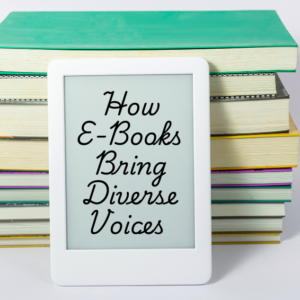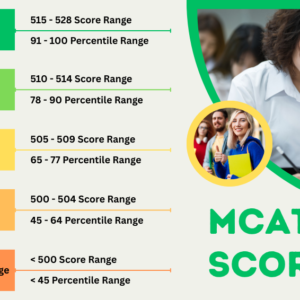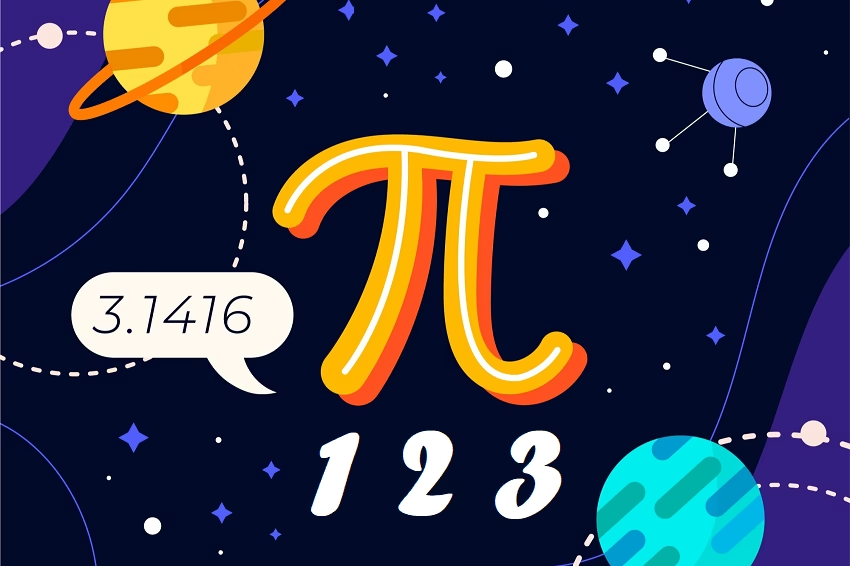Traditional public school isn’t always the best fit. Fortunately, there are more alternatives than many parents realize. Most of those alternatives are public-private or private schools.
Some schools focus on specific disciplines or skills, like acquiring a second language or mastering science and tech concepts. Others offer more generalized education but are distinct thanks to their affiliations with religious or ecumenical organizations. And some are noted for unique teaching approaches honed over decades or even centuries.
Which is right for your family? Read on to find out.
The Different Types of Private Schools
Let’s discuss the different types of private schools so that you can make an informed decision about what type may be best suited for your child’s needs.
Boarding School
A boarding school is a residential school, which means the students live in dormitories or some other type of housing on campus. They may return home on weekends or remain for weeks at a time, returning only during school breaks or at the end of the term.
Some boarding schools, like Delphian School in rural Oregon, offer a day school option for younger kids who live nearby. But many boarding schools don’t, especially those located in remote areas.
Charter School
A charter school is sort of a public-private hybrid. Some consider it a type of public school, but the charter school movement began as a clear alternative to the traditional public schooling model in places (often urban areas) where parents and policymakers felt public schools fell short.
Today, charter schools thrive in many parts of the country. They often offer targeted learning opportunities for older students, such as science and math tracks or language immersion.
Day School
A day school is a private school without a residential option. Day schools tend to be located in more densely populated areas where they can draw on large pools of would-be students within easy commuting distance.
Day schools can take many different forms. Waldorf and Montessori schools, covered below, are popular types of day schools.
Montessori School
Montessori schools follow a teaching discipline popularized about a century ago by Maria Montessori, an Italian doctor frustrated by what she saw as inconsistent educational practices that failed to respond to children’s individual needs.
The education is built around autodidacticism, which is a fancy term for self-learning. The approach empowers children to explore and pursue their own interests in a nurturing but relatively hands-off environment. There’s usually a core curriculum, but it’s less intense and less structured than what most traditional public and private schools offer.
The Montessori approach is quite popular in the United States, and many individual schools occupy niches that traditional institutions overlook. For example, Monarch Montessori, in the Kansas City area, emphasizes nature-based experiential learning.
Waldorf School
Also known as Steiner schools, Waldorf schools follow the teachings of another early 20th-century scholar, Rudolph Steiner, who lived in Germany. Despite some controversies over the years, Waldorf education is immensely popular in the U.S. and Europe, with more than 1,000 independent institutions.
Like Montessori education, Waldorf education emphasizes self-direction and creativity, though it’s a bit more structured and may feel more “traditional” to parents coming from mainstream public or private schools.
Language Immersion School
Language immersion schools are a diverse group united by a focus on second-language fluency from a young age. In fact, many language immersion schools are open to kids as young as one or two years old. Others, like CLIP in Pittsburgh, include elementary and middle schools.
Many language immersion graduates go on to enroll in traditional public or private schools for higher grades, but they’re more likely to pursue extracurricular, higher education, and career opportunities that allow them to utilize their fluency.
Religious School
Also known as parochial schools, religious schools are affiliated with religious or ecumenical organizations. They usually receive some funding from these organizations as well, though most also charge tuition. Their curricula may or may not include religious instruction in addition to secular subjects like science, math, history, and foreign language.
Find Your Perfect Fit
Choosing a school for your child is stressful, even overwhelming. It’s natural to worry whether you’re making the right decision because sometimes it’s only apparent that you have (or haven’t) once your kid is already enrolled.
That’s why it’s so important to do your research, take school visits seriously, and listen closely to your child throughout the selection process (and after enrollment too).
This is a big decision — one of the biggest you’ll make on your child’s behalf. You’ll be grateful you took the time to get it right.






